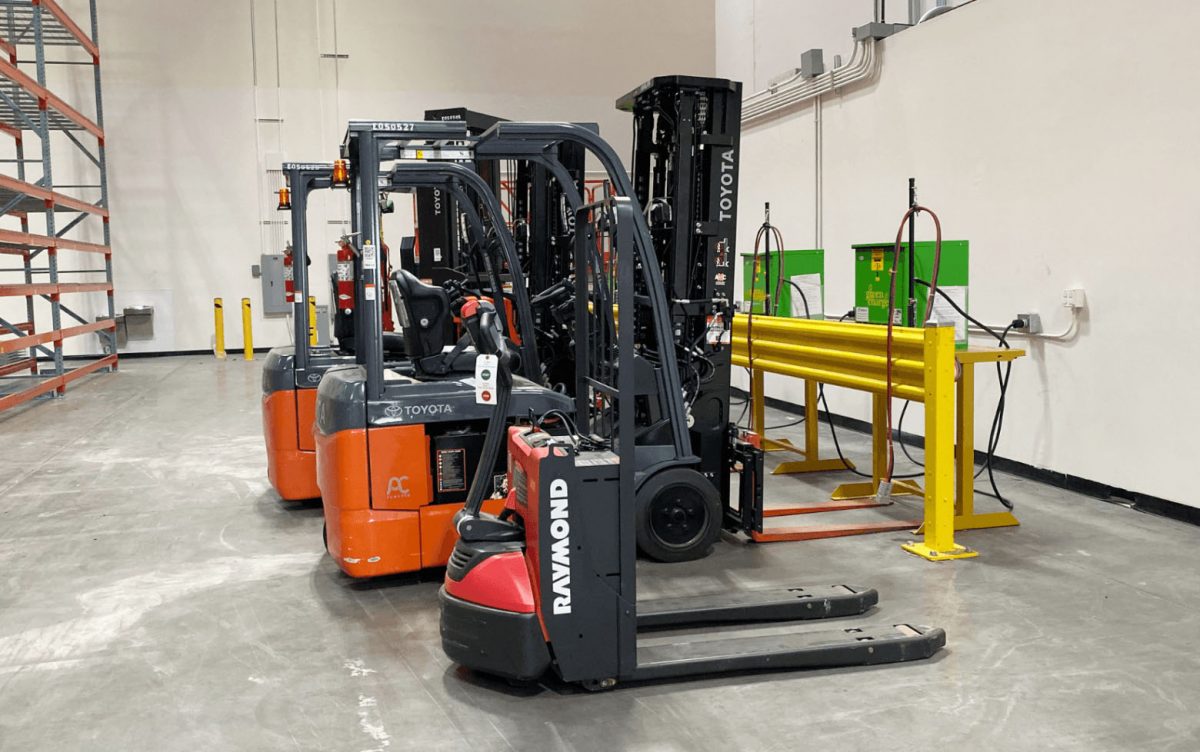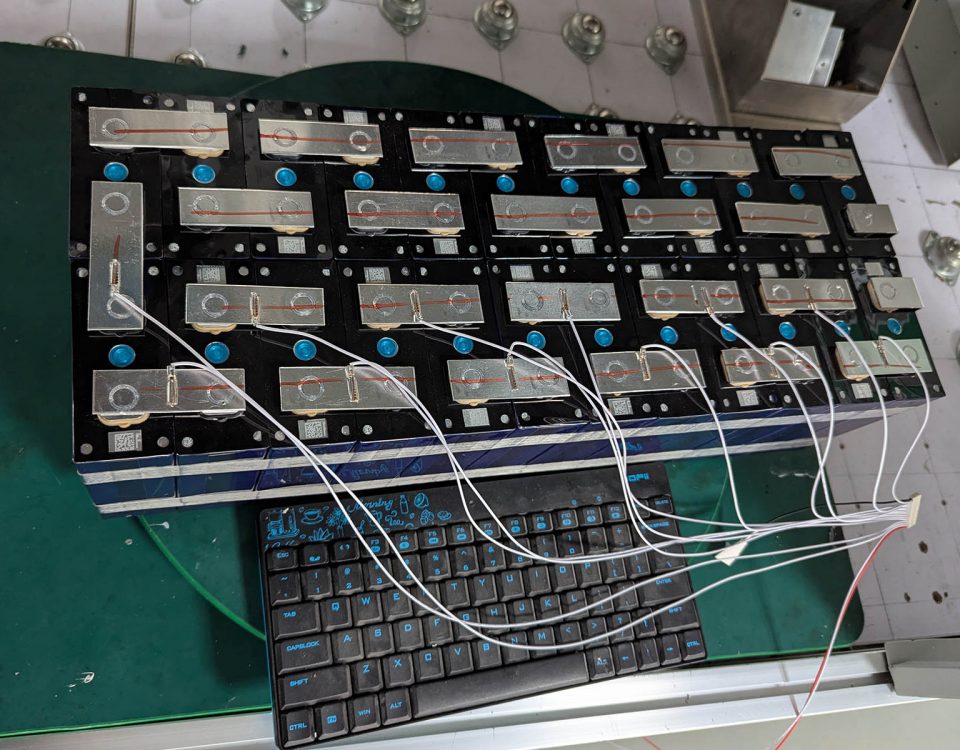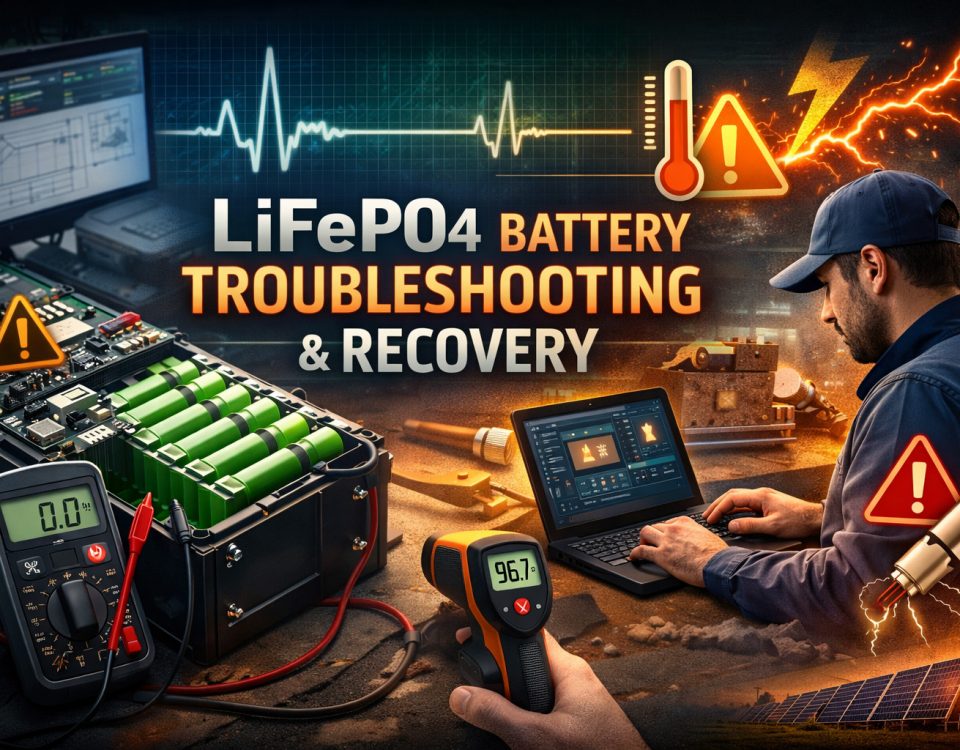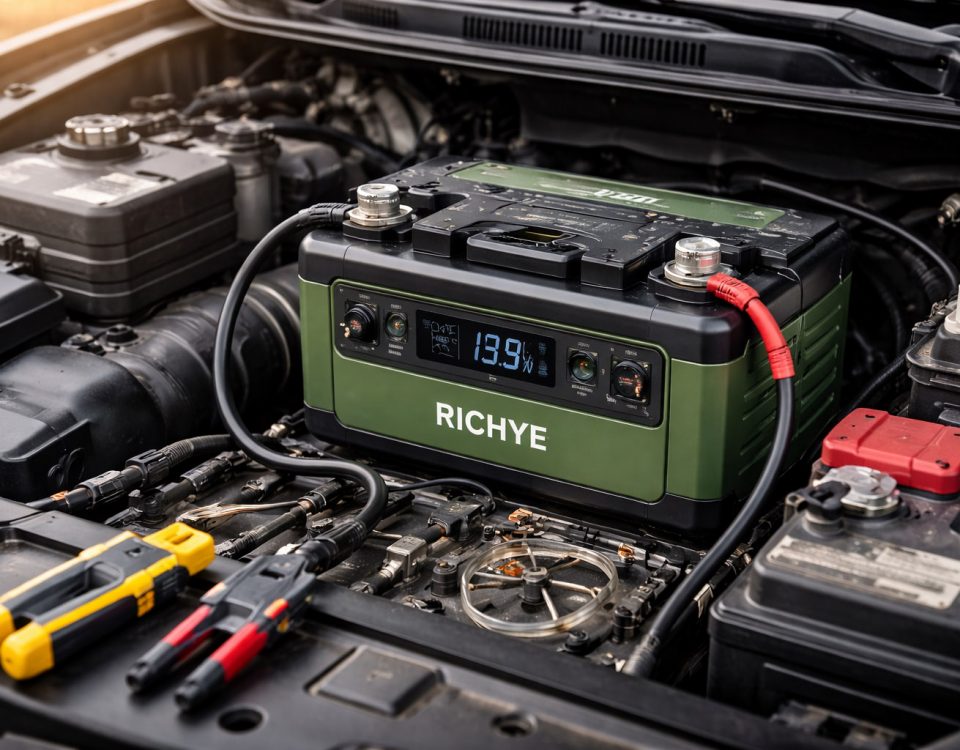Facing issues with your electric forklift battery not charging can be frustrating, especially when you rely on the forklift for daily operations. A variety of factors could contribute to charging problems, ranging from simple fixes to more complex electrical issues. In this blog post, we will explore some common reasons why your lithium forklift battery may not be charging and provide useful troubleshooting tips to get your forklift back in operation smoothly.
1. Battery Charger Issues
One of the most frequent causes of charging problems is a faulty battery charger. The charger may malfunction due to a blown fuse, worn cables, or internal damage. To diagnose this issue, test the charger on a different forklift battery or use a different charger on your lithium forklift battery. If the problem lies with the charger, replacing it usually resolves the issue.
2. Poor Battery Connections
Dirty or corroded battery terminals can impede the flow of current, preventing the battery from charging properly. Check the terminals for signs of corrosion (such as white or green residue) or loose connections. Cleaning the terminals with a wire brush and ensuring that all connections are secure may fix the problem.
3. Battery Aging or Damage
Lithium forklift batteries have a finite lifespan, although they generally last longer than lead-acid batteries. Over time, a battery may fail to hold a charge effectively or may become completely incapable of charging. Use a multimeter to check the voltage of the battery. If the voltage is significantly lower than expected (typically around 3.2 volts per cell for lithium batteries), you may need to replace the battery.
4. Electrical System Issues
If both the battery and charger appear to be functioning correctly, the issue might lie within the forklift’s electrical system. Problems could include issues with the voltage regulator or other components that control the amount of voltage sent to the battery. These more complex electrical issues may require a professional to diagnose and repair.
5. Incorrect Battery Type
Using the wrong type of battery for your forklift can lead to charging problems. For example, using a battery not designed for deep discharge applications could cause issues, as these batteries are not suited for the high-demand use typical in forklifts. Ensure that you have the correct type of lithium forklift battery installed for your specific needs.
6. Extreme Temperatures
Forklift batteries are sensitive to extreme temperatures. Both very cold and very hot weather can affect the battery's charging and performance. In cold weather, batteries may require longer charging times, while in hot weather, batteries can overheat and lose efficiency.
Conclusion
If your electric forklift battery is not charging, the issue could be due to any of the factors mentioned above. Start by inspecting the more accessible components, such as the charger and battery connections. If simple solutions do not resolve the problem, you may need to consult a professional to address more complex electrical system issues or consider replacing the battery. Regular maintenance and using the appropriate equipment for your forklift will help prevent charging problems and extend the lifespan of your lithium forklift battery.




